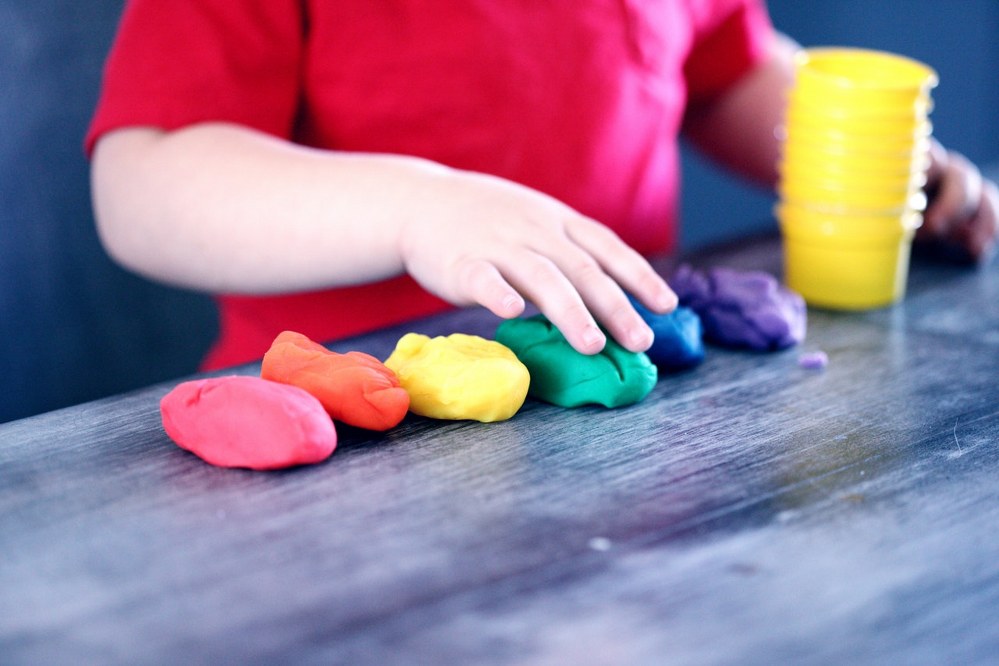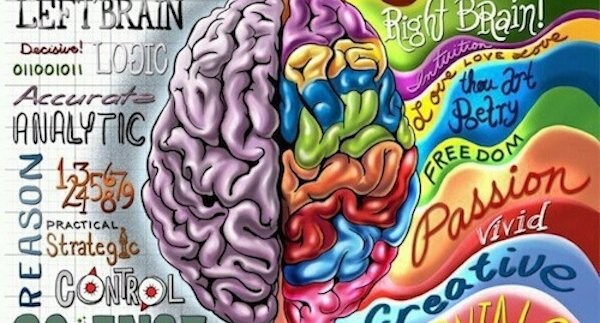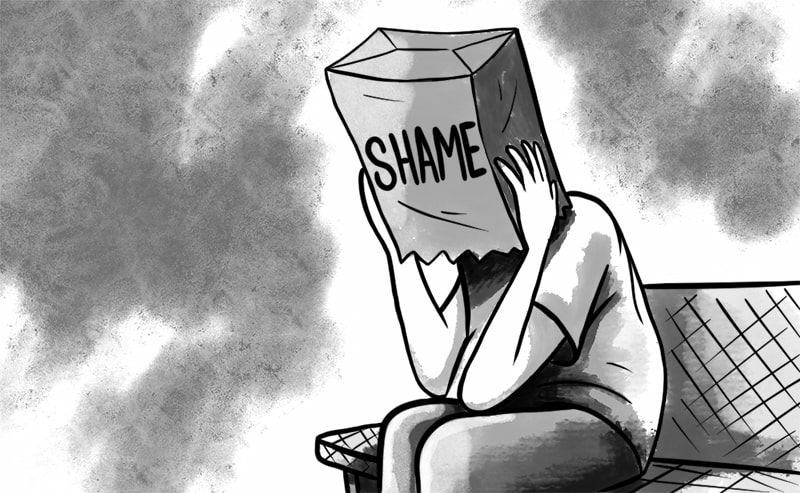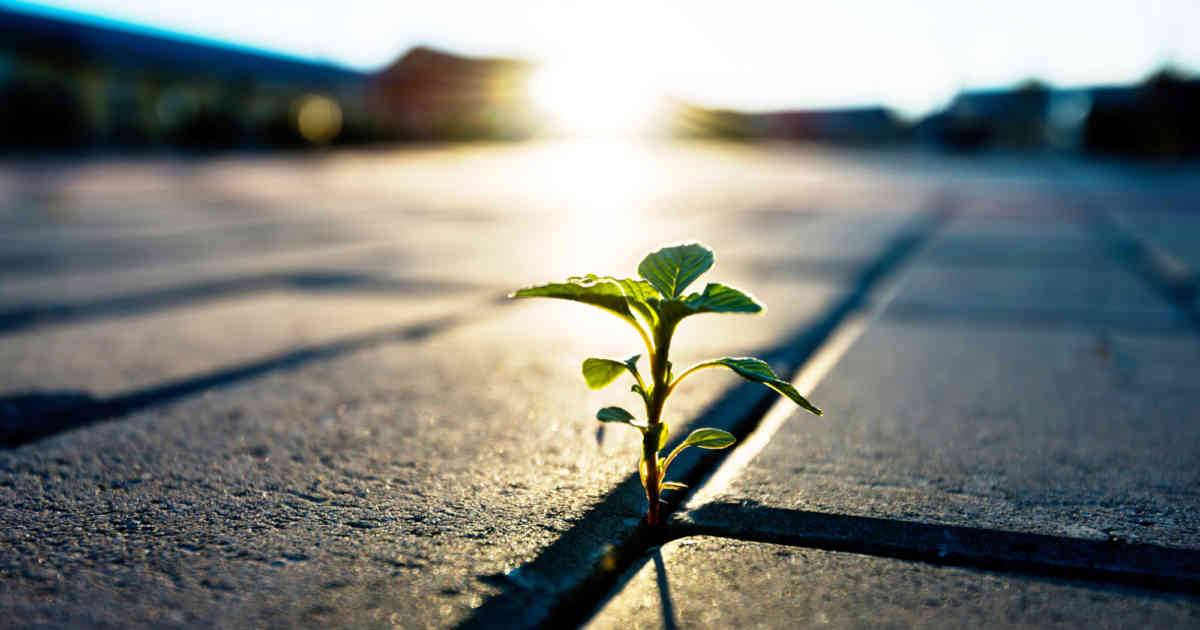The importance of a child’s close relationship with a caregiver cannot be overestimated. Through relationships with important attachment figures, children learn to trust others, regulate their emotions, and interact with the world; they develop a sense of the world as safe or unsafe and come to understand their own value as individuals. When those relationships are unstable or unpredictable, children learn that they cannot rely on others to help them. When primary caregivers exploit and abuse a child, the child learns that he or she is bad and the world is a terrible place.
The majority of abused or neglected children have difficulty developing a strong healthy attachment to a caregiver. Children who do not have healthy attachments have been shown to be more vulnerable to stress. They have trouble controlling and expressing emotions and may react violently or inappropriately to situations.
Our ability to develop healthy, supportive relationships with friends and significant others depends on our having first developed those kinds of relationships in our families. A child with a complex trauma history may have problems in romantic relationships, in friendships, and with authority figures, such as teachers or police officers.
Related posts:
 How and why children who have experienced trauma may find it more difficult to regulate their emotions and behaviours than other children
How and why children who have experienced trauma may find it more difficult to regulate their emotions and behaviours than other children
 The Science of Integration: Understanding Harmony in Relationships and the Brain
The Science of Integration: Understanding Harmony in Relationships and the Brain
 Unveiling the Impact of Shame: Navigating the Path to Healing
Unveiling the Impact of Shame: Navigating the Path to Healing
 Early Development, Adversity, and the Power of Relationships
Early Development, Adversity, and the Power of Relationships


